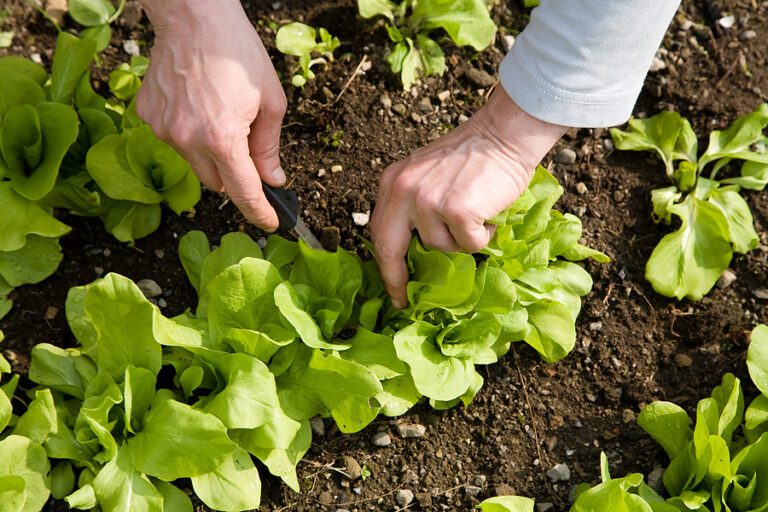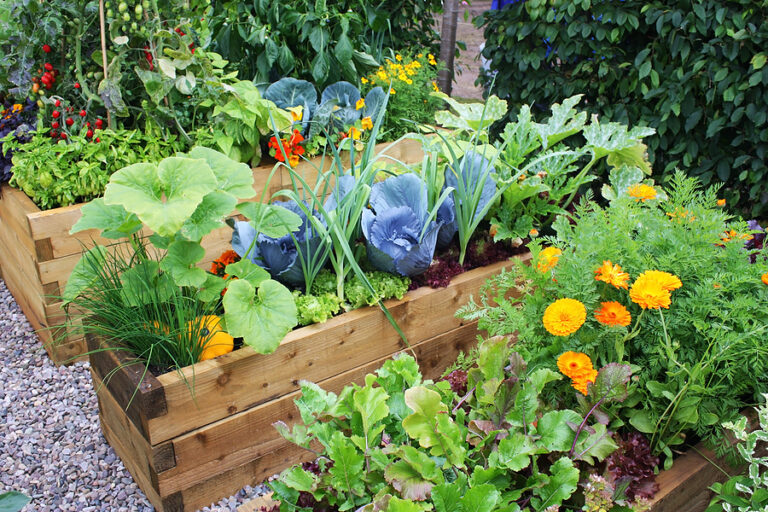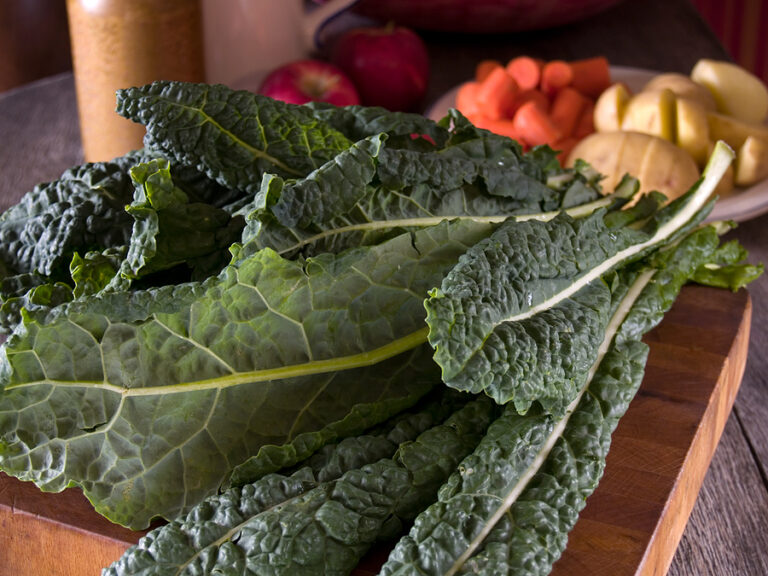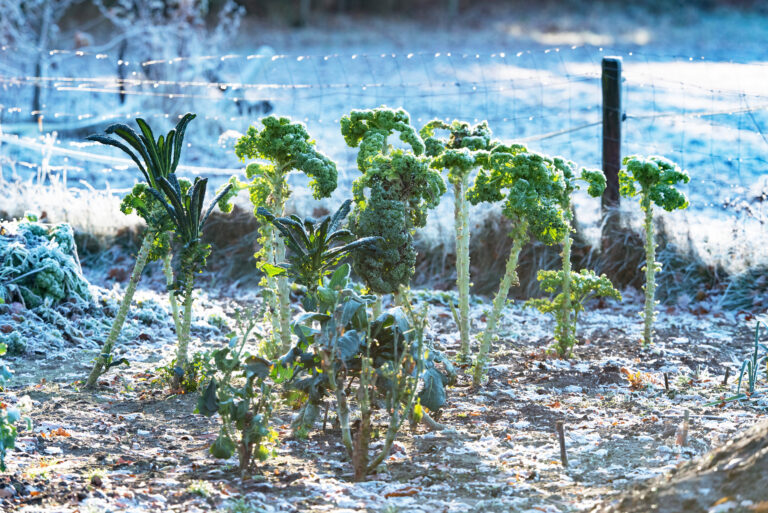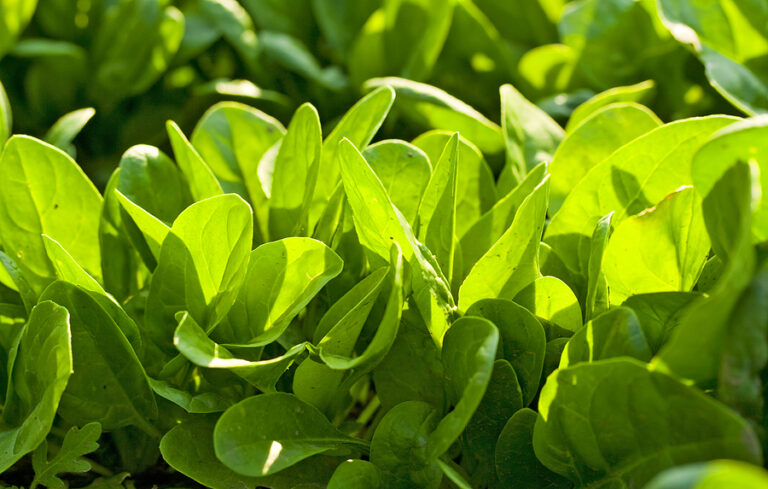How to Keep Swiss Chard From Getting Bitter
Swiss chard is naturally mild and earthy, but under certain conditions, its leaves can develop a sharp, bitter taste. This is often due to environmental stress, improper harvesting, or letting plants grow too large. With the right care, you can keep chard sweet and tender all season long.
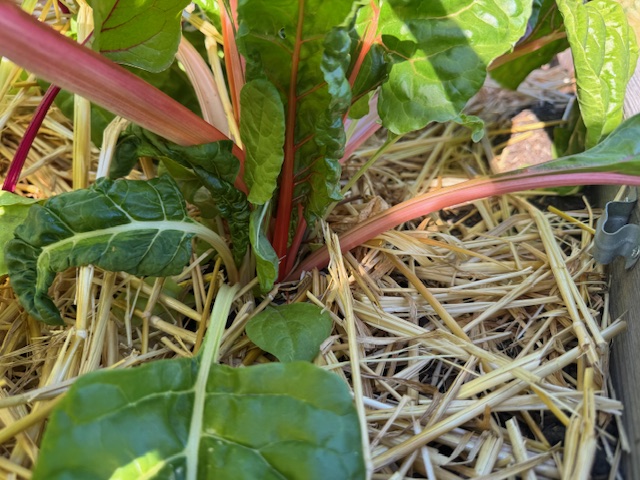
Why Swiss Chard Turns Bitter
Bitterness usually develops when plants experience:
- Heat stress during hot summer days.
- Inconsistent watering that dries plants out.
- Overmaturity, when leaves are left on the plant too long.
Tips to Prevent Bitterness
1. Harvest Young Leaves
Pick leaves when they’re 6–10 inches long for the best flavor. Larger leaves can be tougher and more bitter.
2. Water Consistently
Keep soil evenly moist, aiming for 1–1.5 inches of water weekly. Mulch to retain moisture and protect roots from heat.
3. Provide Shade in Hot Weather
Use shade cloth or plant near taller crops to reduce heat stress during midsummer.
4. Feed Regularly
Healthy, well-fed plants produce sweeter leaves. Apply compost or a balanced organic fertilizer every few weeks.
5. Cut Back and Regrow
If leaves become bitter, cut plants back to a few inches above soil level. New growth is usually more tender and mild.
Note from My Experience
In my summer garden, Swiss chard planted in partial afternoon shade stays sweeter longer than those in full sun. Regular harvesting every 4–5 days also keeps plants producing mild, tender leaves without bitterness.
Takeaway: By managing heat, moisture, and harvest timing, you can keep Swiss chard fresh, mild, and delicious from spring to fall.
🌿 Swiss Chard Learning Hub
Start here: The Ultimate Chard Growing Guide: From Seed to Harvest
✅ Planting & Seasonal Timing
- Swiss Chard Seed Starting Tips
- How to Grow Swiss Chard Year-Round in Mild Climates
- When to Plant Swiss Chard for Spring, Summer, and Fall Harvests
- Succession Planting Swiss Chard for Continuous Harvests
- Growing Swiss Chard in Containers
✅ Growing Techniques
✅ Care & Maintenance
- Watering Swiss Chard: How Much and How Often
- Why Is My Swiss Chard Wilting? Common Growing Problems and Fixes
- How to Keep Swiss Chard From Getting Bitter
✅ Pests & Diseases
✅ Harvesting & Use
- How to Harvest and Store Swiss Chard
- Five Ways to Cook Swiss Chard
- How to Harvest Swiss Chard So It Keeps Growing
✅ Varieties & Selection
- Best Swiss Chard Varieties for Colorful Garden Beds
- Top Swiss Chard Varieties for Small-Space Gardens and Containers
✅ Companion Planting & Rotation

